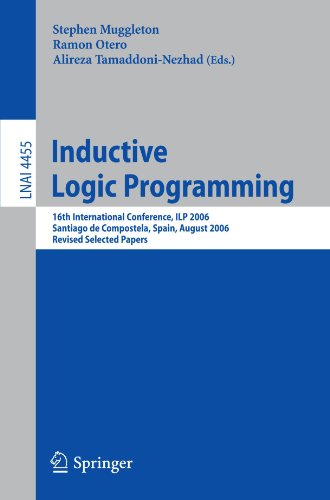

Most ebook files are in PDF format, so you can easily read them using various software such as Foxit Reader or directly on the Google Chrome browser.
Some ebook files are released by publishers in other formats such as .awz, .mobi, .epub, .fb2, etc. You may need to install specific software to read these formats on mobile/PC, such as Calibre.
Please read the tutorial at this link: https://ebookbell.com/faq
We offer FREE conversion to the popular formats you request; however, this may take some time. Therefore, right after payment, please email us, and we will try to provide the service as quickly as possible.
For some exceptional file formats or broken links (if any), please refrain from opening any disputes. Instead, email us first, and we will try to assist within a maximum of 6 hours.
EbookBell Team

4.1
10 reviewsThe inherent dangers of change are often summed up in the misquoted Chinese curse “May you live in interesting times.” The submission procedure for the 16th International Conference of Inductive Logic Programming (ILP 2006) was a radical (hopefully interesting but not cursed) departure from previous years. Submissions were requested in two phases. The ?rst phase involved submission of short papers (three pages) which were then presented at the conference and included in a short papers proceedings. In the second phase, reviewers selected papersforlongpapersubmission(15pagesmaximum).Thesewerethenassessed by the same reviewers, who then decided which papers to include in the journal special issue and proceedings. In the ?rst phase there were a record 77 papers, comparedto the usual20 orso long papersofpreviousyears.Eachpaper was- viewed by three reviewers. Out of these, 71 contributors were invited to submit long papers. Out of the long paper submissions, 7 were selected for the - chine Learning Journal special issue and 27 were accepted for the proceedings. In addition, two papers were nominated by Program Committee referees for the applications prize and two for the theory prize. The papers represent the div- sity and vitality in present ILP research including ILP theory, implementations, search and phase transition, distributed and large-scale learning, probabilistic ILP, biological applications, natural language learning and planning and action learning.